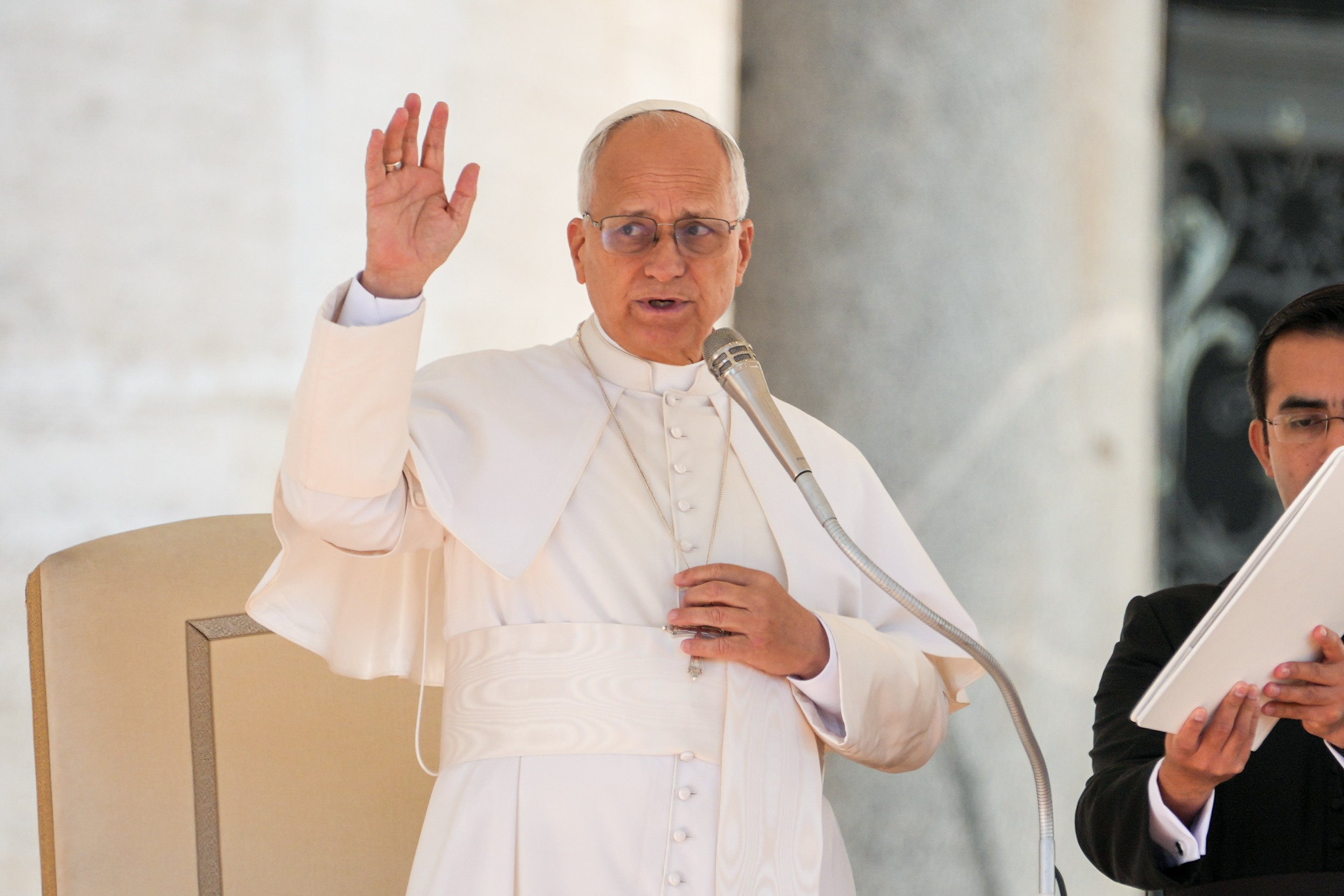April 6, 2018 at 1:53 p.m.
'Through [Christ] you have come to trust in God, who raised Him from the dead and gave Him glory, so that your faith and hope are set on God...' -- 1 Pt 1:21
This weekend's readings show the fact of the resurrection of Jesus -- after all, we are in Eastertime -- but especially the central role of the Church in proclaiming that Jesus is risen. We are to be disciples and disciple-makers, fed by the Word of God and sustained by the Eucharist.
Our first reading (Acts 2:14,22-33) almost takes us backward, as we hear part of Peter's speech on Pentecost. He tells of the heart of our Easter faith: simply, that Jesus is risen. He gives an overview of Jesus' mission and ministry and how this fulfilled God's promises. Now, we must come to faith and proclaim this faith to everyone.
Our psalm (Ps 16:1-2,5,7-8,9-10,11) is echoed in St. Peter's speech. The Lord will show us the path of life, which was made manifest in Jesus Christ. Because of this, we can have confidence and trust -- and also be full of joy, because we know the Lord is with us. As disciples, we should not be afraid of proclaiming this wonderful truth.
In our second reading (1 Pt 1:17-21), we continue to read the first letter of St. Peter, which some commentators believe is an extended homily. We hear a summary of God's plan for our salvation made possible through Jesus' life, death and resurrection. This is the same plan and person that we must proclaim today as the Lord's disciples and evangelizers.
Same as always
As St. John Paul II put it, "It is not therefore a matter of inventing a 'new program.' The program already exists: It is the plan found in the Gospel and in living tradition; it is the same as ever. Ultimately, it has its center in Christ Himself, who is to be known, loved and imitated, so that in Him we may live the life of the Trinity and with Him transform history until its fulfilment."
The account of the two disciples and their encounter with Jesus on the road to Emmaus (Lk 24:13-15) is found only in such detail in Luke's Gospel. It is the longest of Jesus' resurrection appearances to the disciples. For many of us, it is our favorite!
It is also a microcosm of the Mass, since we hear God's Word that touches our hearts and are lead to the breaking of bread, the Eucharist. Then, as one of the dismissals at the end of Mass says, we are sent out to proclaim this encounter, just like the two disciples did in the Gospel: "Go and announce the Gospel of the Lord." (Our word "Mass" comes from the dismissal at the end of Mass: "Ite missa est," "The Mass is ended.")
How to win disciples
We are given a model of how evangelization works -- how it happens to us, and how we can bring others to Christ. First, Jesus takes the initiative: He does not impose, but enters into a conversation by asking questions and giving answers.
Then, at the right moment, Jesus speaks and guides the disciples along the road -- literally and along the road of faith. The disciples' hearts burn as the power of Jesus, the Word of God, speaks to them. Jesus accepts their invitation to stay longer and takes the initiative again in the breaking of bread. Again, they encounter Jesus, the true bread from heaven.
The result is that the disciples cannot keep this life-changing encounter to themselves. They leave immediately, even though it is night, to proclaim what they have experienced.
Notice one final thing: This encounter takes place on a public road and, by tradition, at an inn (although some commentators suggest it might be the house of Cleopas, the disciple named in the Gospel). The picture of this Gospel by Caravaggio painted in 1601 shows both disciples with torn and patched clothes, sitting at a typical inn table with typical food. The ordinary becomes extraordinary.
Being disciples in faith and being disciple-makers takes place, so often, in the ordinary: a chance encounter at work or school, for example. So, let us go and announce the Gospel of the Lord.[[In-content Ad]]
SOCIAL MEDIA
OSV NEWS
- First plenary of French bishops under Cardinal Aveline discusses turbulent topics
- Live blog: Public session of 2025 USCCB Fall assembly opens today
- US bishops celebrate Mass to ‘beg the Holy Spirit to inspire’ their fall assembly
- As deal to end shutdown advances, Catholic groups urge action on health insurance costs
- Texans vote overwhelmingly to enshrine parental rights in state constitution
- Supreme Court declines Kim Davis case seeking to overturn same-sex marriage ruling
- ‘Do you love Jesus more than your political opinion?’: Bishop Tyson says the church faces a test
- Vatican says Swiss Guards investigating alleged antisemitic gesture
- Bishop: Survival of Christian communities in Nigeria depends on security, justice
- Pope asks for extra care when using AI in medicine








Comments:
You must login to comment.